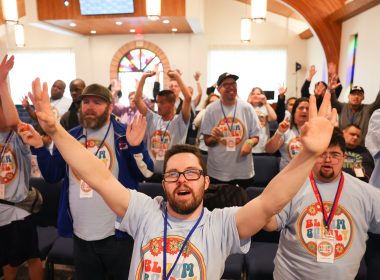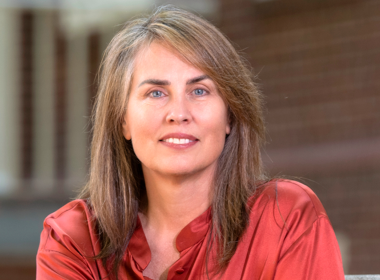By Ingrid Barratt –
Pastors are far more likely than the general population to experience depression, according to recent research, yet many misconceptions about mental health linger within the church.
About a quarter of U.S. pastors (23 percent) say they’ve experienced some kind of mental illness, while 12 percent say they received a diagnosis for a mental health condition, according to the findings of a 2013 LifeWay Research study. Moreover, a great many of these pastors rarely let their congregations in on their struggles.
These numbers are almost double the national average of around 7 percent.
Varied factors are contributing to the situation. For instance, the high expectations that pastors and church leaders, including corps officers, bring to the job—coupled with inevitable disappointments—can be a potent mix, according to Willow Creek Association New Zealand executive director, Alan Vink.
“[Pastors] come out of Bible college with great theology and theory, but when they hit the turf they suddenly face things they have not had been prepared for—like looking after the church finances, conflict with their board, people that don’t like them, compliance issues,” he said. “Pastors say, ‘I thought I was just going to love people and teach the Bible.’ Expectations are high, and there’s disappointment after disappointment. When it’s emotionally difficult, and you get more and more depleted, depression inevitably sets in.”
Vink argues The Salvation Army better equips its officers than many other churches, but it is still not safe from the perils of depression.
Over the past couple decades, many churches have developed initiatives uniquely designed to serve faith communities in this capacity. In New Zealand, Windsor Park Baptist is one that’s at the forefront of the issue. In the early 1990s, the church launched “Equip,” to begin providing mental health services. The program has since grown to a staff of 75.
“We began really as a response to community need,” says Equip CEO Naomi Cowan. “If we’re really embracing the message of Christ, then the Church has to be safe place where people can come at a point of distress in their lives.”
But church can often be a scary place for people with serious mental health issues, Cowan said. At times, they can even be at risk of spiritual abuse.
“When someone is unwell, they can appear to be spiritually seeking,” she said. “So it’s easy to wade in and get a faith commitment, when that’s not really what they want. This can cause a power imbalance and even feelings of spiritual abuse…Sometimes churches can care too much and disempower people. You may [make] people’s decisions for them, and create dependency, when it would be better for them to make decisions themselves.”
Church culture has come a long way from the days when many people believed that mental illness was the result of sin. But there are still subtle misconceptions that can be very damaging. One is that mental illness is purely spiritual and can be “prayed out.”
Christians may feel that if they have the “joy of the Lord” they shouldn’t suffer depression—but Cowan stresses that mental health is a medical issue that may need a medical diagnosis. “We need to take away the ‘should’—‘I should be happy, I should be joyful.’ No one is happy all the time.”
Rather than being condemned by God, mental health may even be a blessing in disguise, Cowan says. “It could be God using your body to tell you that some changes are needed,” she said.
Faith communities can become a place of healing. But if participation in that community triggers feelings of ostracization or a lack of acceptance, the church itself can become a serious risk factor, Vink said.
“You need people who understand you and will be a companion on the road with you, without any expectations put on you,” he said. “At times, the church needs to be a hospital.”
Excerpted and adapted from War Cry, Australia










